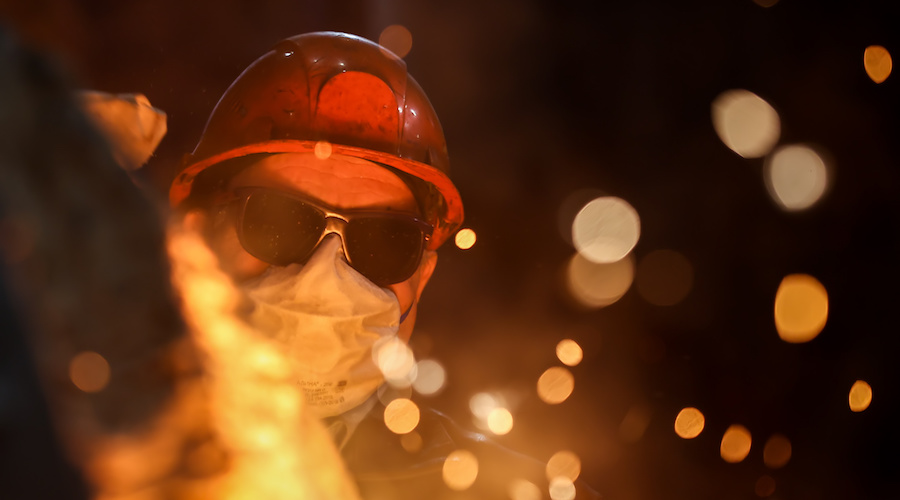China pauses new coal-based steelmaking for first time in years

China didn’t permit any coal-based steelmaking projects in the first half of the year for the first time since announcing its major climate neutrality goals in 2020, according to a report released Thursday.
All 7.1 million tons a year of steelmaking capacity permitted by provincial governments in the first half used electric arc furnaces, a cleaner process that runs on recycled scrap and electricity, said the Center for Research on Energy and Clean Air in its report on Thursday.
Greening the steel industry, China’s second largest source of carbon emissions at 15%, is a vital part of the country’s plan to become carbon neutral by 2060. Beijing has been taking measures including curbing crude steel output and promoting cleaner steelmaking technology over the past years. But challenges remain as mills struggle with low margins in a weak economy.
The move to stop permitting coal-based projects could be a turning point in China’s steel decarbonization progress, CREA said. It will keep China on track to cut 200 million tons of carbon dioxide from the steel industry by 2025, a 10% drop from its peak in 2020, said the research organization.
The world’s biggest steel user announced a new 2024-2025 action plan for the sector in May, which sets a 53 million-ton emissions reduction target and restricts exports of low-value iron and steel products.
“As China’s steel demand peaks and more scrap becomes available, it brings us a major opportunity to reduce emissions over the next 10 years,” Xinyi Shen, the lead author, said in the report.
(By Audrey Wan)
{{ commodity.name }}
{{ post.title }}
{{ post.date }}




Comments